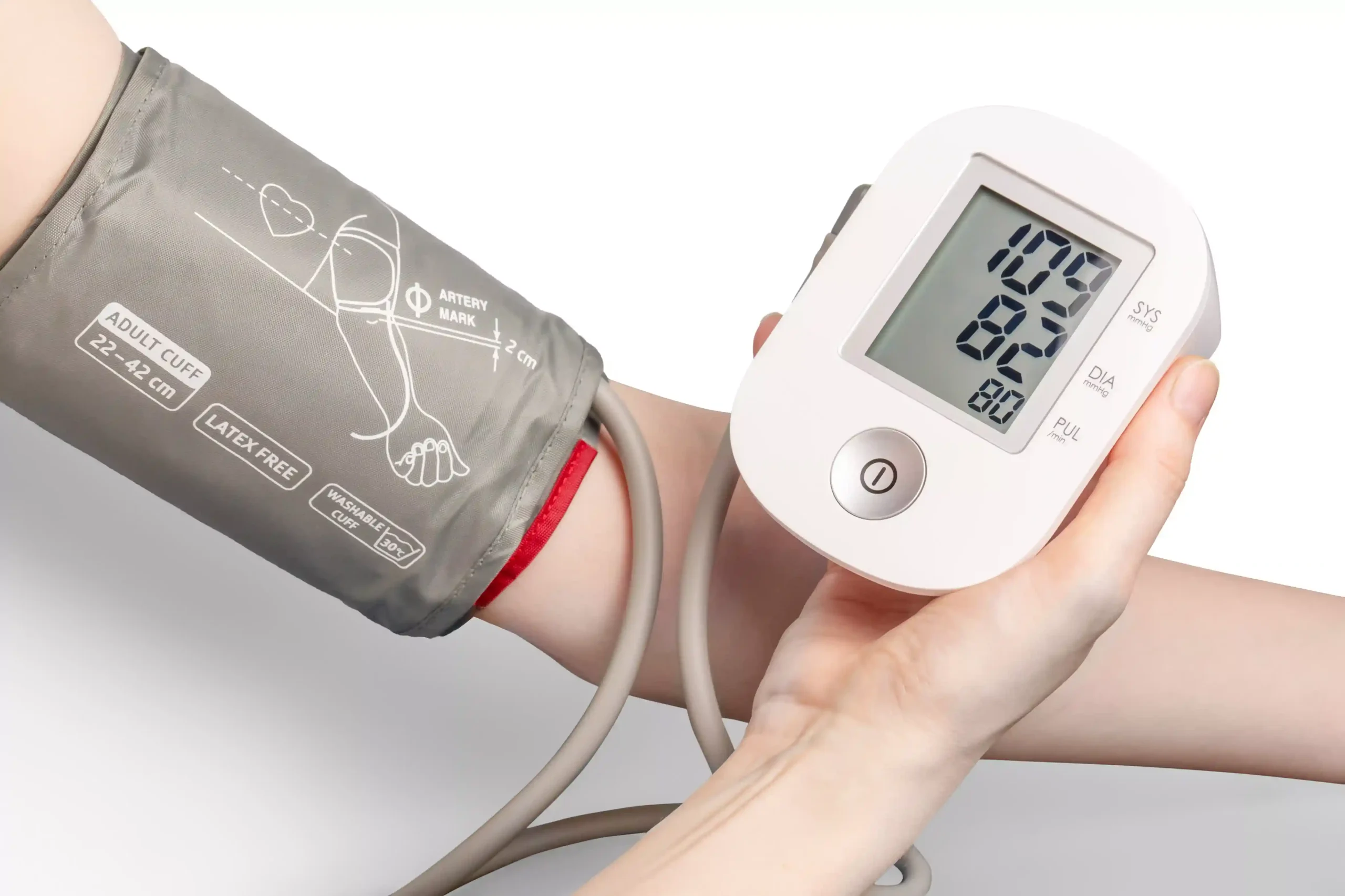High blood pressure, also known as hypertension, is a prevalent and often silent condition that affects millions of people worldwide. While it might not always manifest noticeable symptoms, it can have a profound impact on your heart health. In this blog, we’ll explore the connection between high blood pressure and heart health, emphasizing the importance of understanding and managing this critical relationship. For professional guidance on managing high blood pressure and safeguarding your heart health, reach out to Specialty Care Clinics at (469) 545-9983.
The Silent Threat of High Blood Pressure
High blood pressure is often called the “silent killer” because it rarely exhibits overt symptoms. It’s essential to get regular blood pressure check-ups to detect and address it promptly.
How High Blood Pressure Affects the Heart
High blood pressure puts extra strain on your heart and blood vessels, which can lead to several cardiovascular issues:
Hypertensive Heart Disease: The most direct impact is hypertensive heart disease, which includes conditions like heart failure, left ventricular hypertrophy, and coronary artery disease.
Atherosclerosis: High blood pressure damages the arteries over time, increasing the risk of atherosclerosis. This condition involves the buildup of plaque in the arteries, narrowing them and impeding blood flow.
Stroke: Uncontrolled hypertension is a leading cause of strokes, as it can damage the blood vessels supplying the brain.
The Connection Between Blood Pressure Readings
Your blood pressure is typically measured as two numbers:
Systolic Pressure: The higher number represents the force of your blood against the artery walls when your heart beats.
Diastolic Pressure: The pressure in between heartbeats is shown by the lower number.
Recognizing Healthy Blood Pressure Levels
For adults, a healthy blood pressure reading is typically around 120/80 mmHg. Elevated blood pressure begins at 120-129/80 mmHg, and hypertension is diagnosed at 130/80 mmHg or higher.
Lifestyle and High Blood Pressure
High blood pressure can be caused by a variety of circumstances, including:
Diet: A diet high in salt, saturated fats, and low in fruits and vegetables can increase the risk.
Lack of Physical Activity: Sedentary lifestyles can lead to obesity and increased blood pressure.
Stress: Chronic stress can affect your blood pressure over time.
Smoking and Alcohol: Both smoking and excessive alcohol consumption can contribute to hypertension.
Managing High Blood Pressure for Heart Health
Managing high blood pressure is vital for overall heart health. Here are some key strategies:
Medication: For those with severe hypertension, medications may be prescribed by healthcare providers.
Diet: Adopt a heart-healthy diet, rich in fruits, vegetables, whole grains, lean proteins, and low in salt and saturated fats.
Physical Activity: Engaging in regular exercise helps decrease blood pressure and strengthen the heart in general.
Stress Management: Include stress-relieving activities in your regular routine, such as yoga, deep breathing exercises, or meditation.
Regular Check-ups: Consistent monitoring of your blood pressure is essential to assess progress and make adjustments.
The link between high blood pressure and heart health is undeniable. Understanding the connection and taking proactive steps to manage your blood pressure is essential for preventing serious cardiovascular issues. Regular check-ups, a heart-healthy lifestyle, and medical guidance are your allies in maintaining your heart health. By addressing high blood pressure promptly and effectively, you can significantly reduce your risk of heart-related complications and lead a healthier and more fulfilling life. Your heart’s well-being is a precious asset, so safeguard it through proper blood pressure management.


